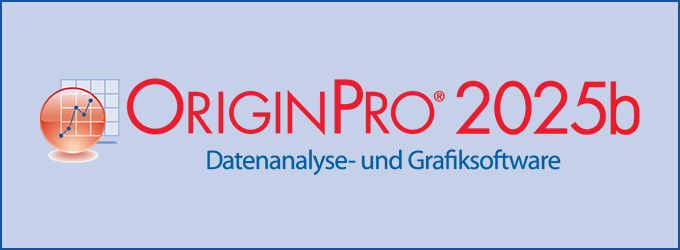Linear Programming MT
Funktionen
Systemvoraussetzungen
Download
Mit dieser Bibliothek können lineare Modelle mit Hilfe des SIMPLEX-Verfahrens optimiert werden (minimieren oder maximieren). Es wird hierbei die Möglichkeit gegeben, den Optimierungslauf online zu überwachen und sich dann vom Gesamtlauf Berichte erstellen zu lassen, die auch Auskunft über Mehrfachlösungen und die Fehleranfälligkeit der Ergebnisse geben.
Spezielle Features
- Ober- und Untergrenzen für Variablen und Bedingungen
- Bedingungstypen (=,=,=)
- Wahl der Toleranz
- Pivot-Regeln
- Bei Unlösbarkeit werden die Variablenwerte und die Zielfunktion ausgegeben
- Ausgabeanpassung über globale Variablen
- Status jeder Bedingung
- Einzigartigkeit und Qualität der Lösung
- erlaubt mehrere optimale Lösungen
Da Linear Programming MT multithread - fähig ist, eignet es sich besonders für Enterprice - Lösungen im Rahmen der GAUSS Engine.
Details:
- Thread-safe Execution: Control variables are model matrices are contained in structures allowing thread-safe execution of programs.
- Sparse matrices: Linear Programming MT exploits sparse matrix technology permitting the analysis of problems with very large constraint matrices. The size of a problem that can be analyzed is dependent on the speed and amount of memory on the computer, but problems with two to three thousand constraints and more than six thousand variables have been tested on ordinary PC's.
- MPS files: procedures are available for translating MPS formatted files.
Other Product Features
LPMT is designed to solve small and large scale linear programming problems. LPMT can be initialized with a starting value, such as the solution to a previous problem which is similar to the one being solved. This feature can dramatically reduce the number of iterations required to find a feasible starting point.
Features
- Upper and lower finite bounds can be provided for variables and constraints
- Problem type (minimization or maximization)
- Constraint types (<=, >=, =)
- Choice of tolerances
- Pivoting rules
Computes
- The value of the variables and the objective function upon termination, and returns the dual variables
- State of each constraint
- Uniqueness and quality of solution
- Multiple optimal solutions if they exist
- Number of iterations required
- A final basis
- Can generate iterations log and/or final report, if requested
Platform: Windows, Mac, Linux and Solaris.
Requirements: GAUSS/GAUSS Light version 8.0 or higher.















